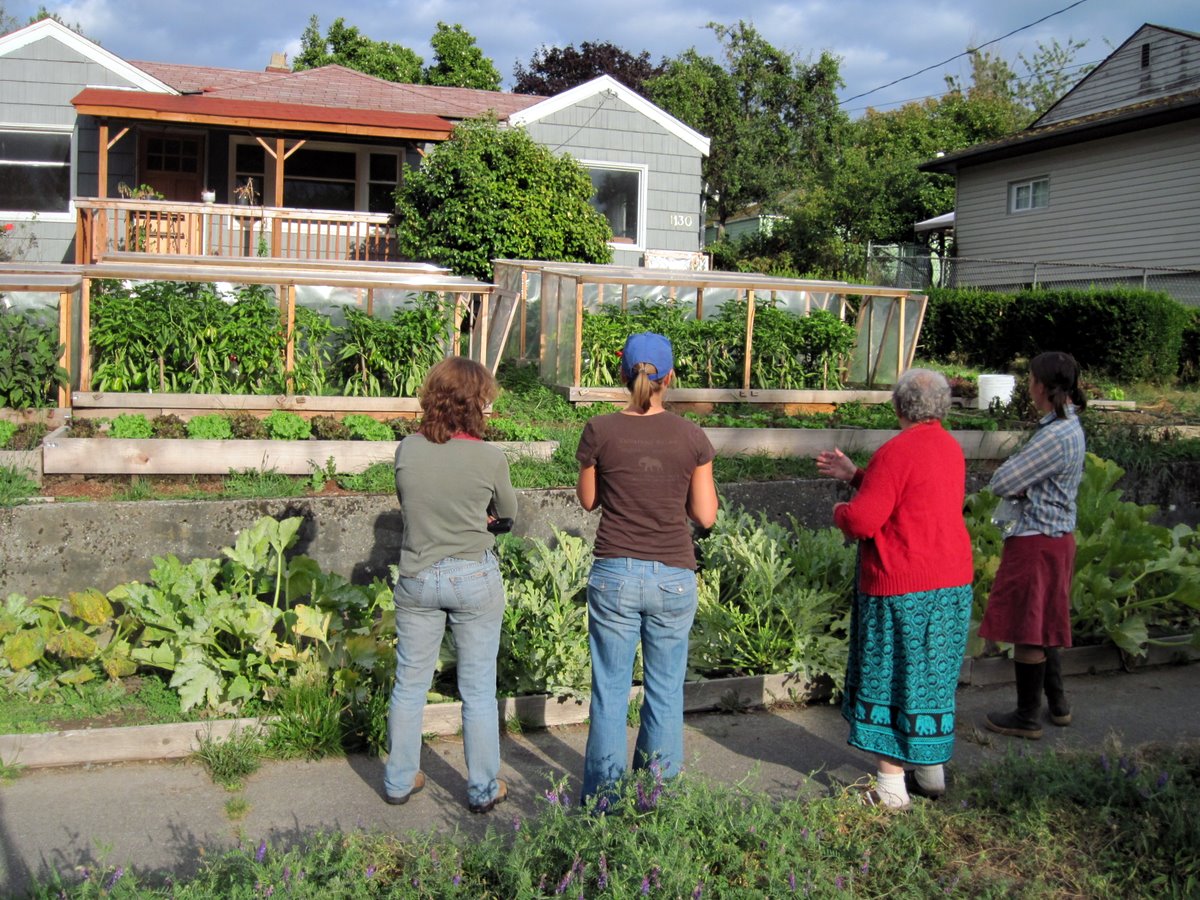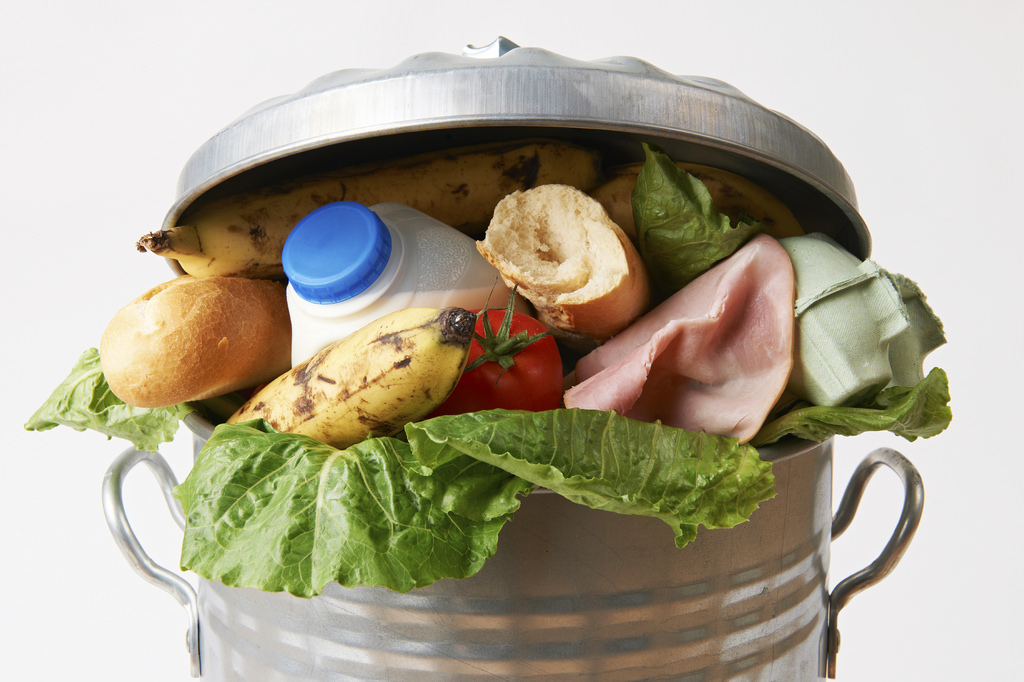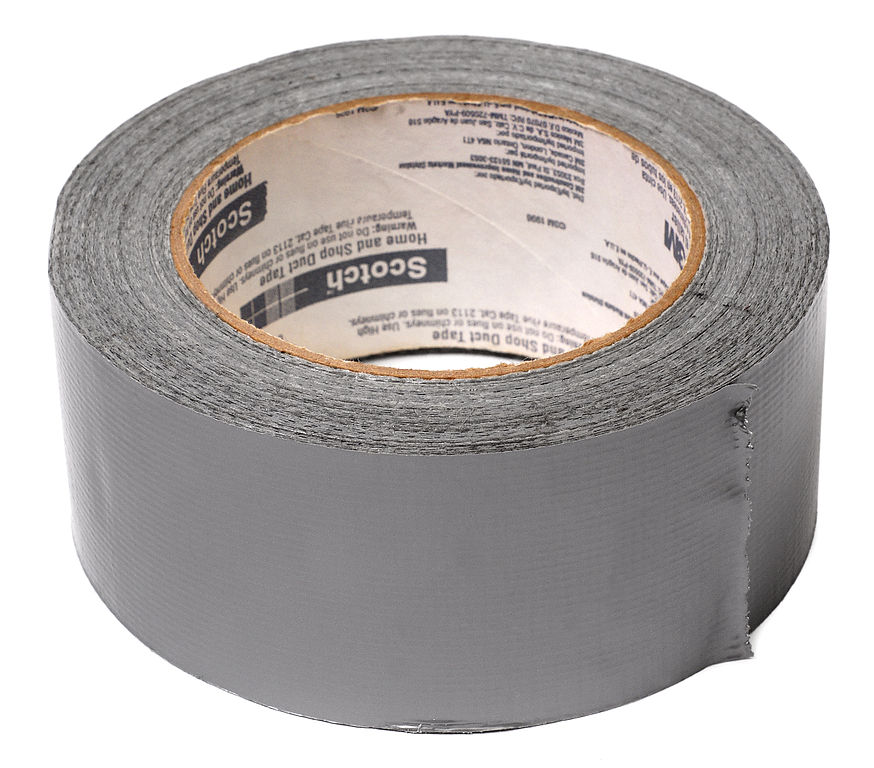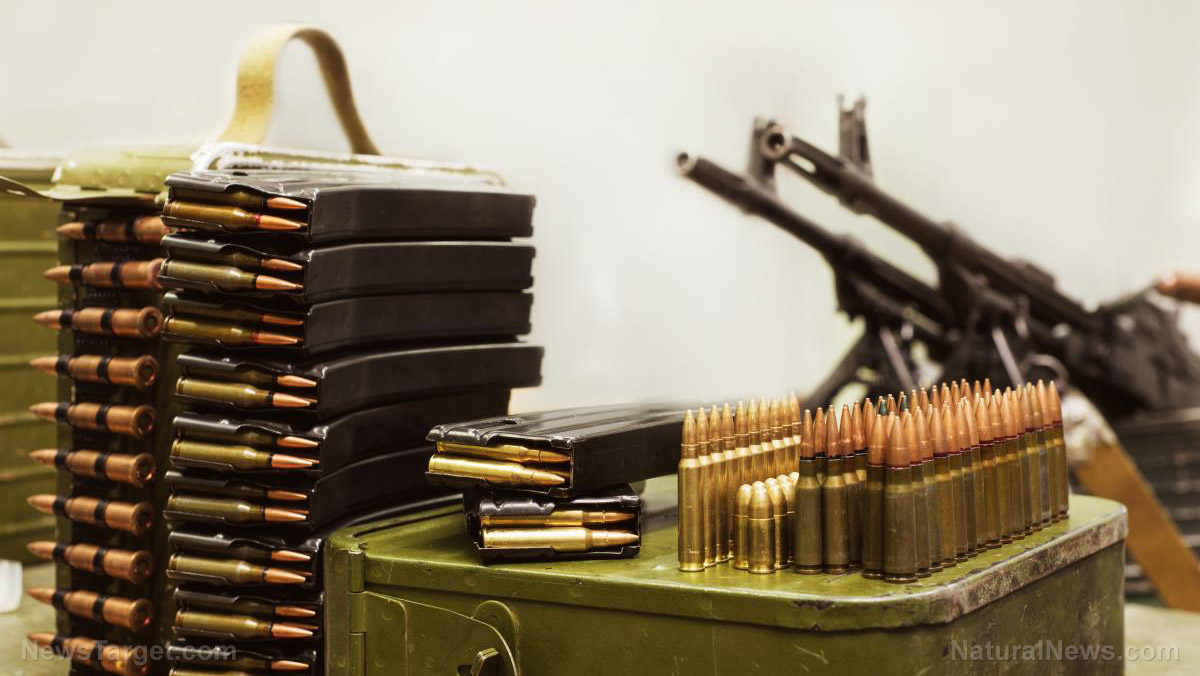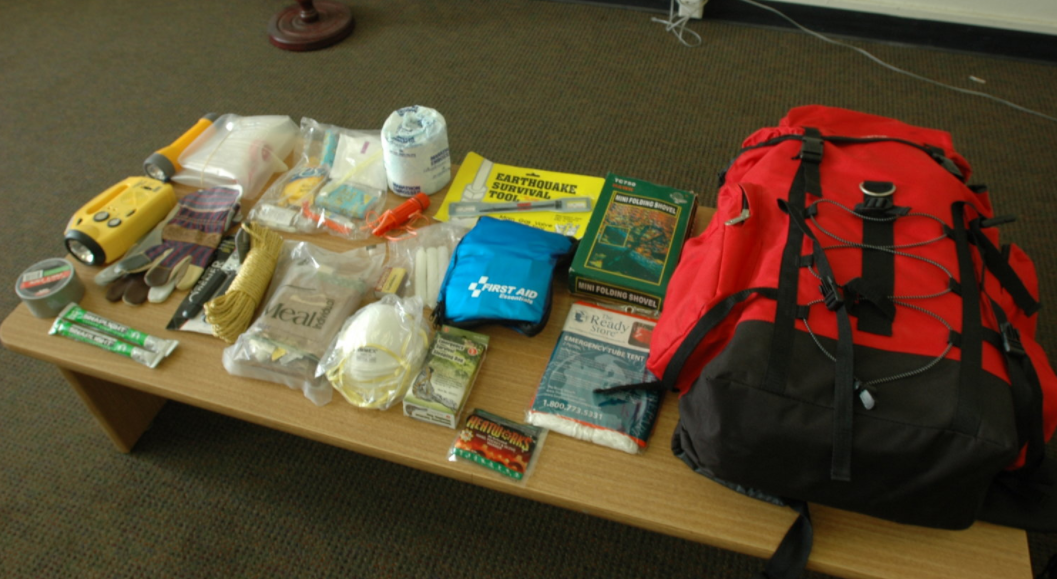The lone wolf approach to survival never works: Why you should network with other preppers
10/18/2018 / By Edsel Cook
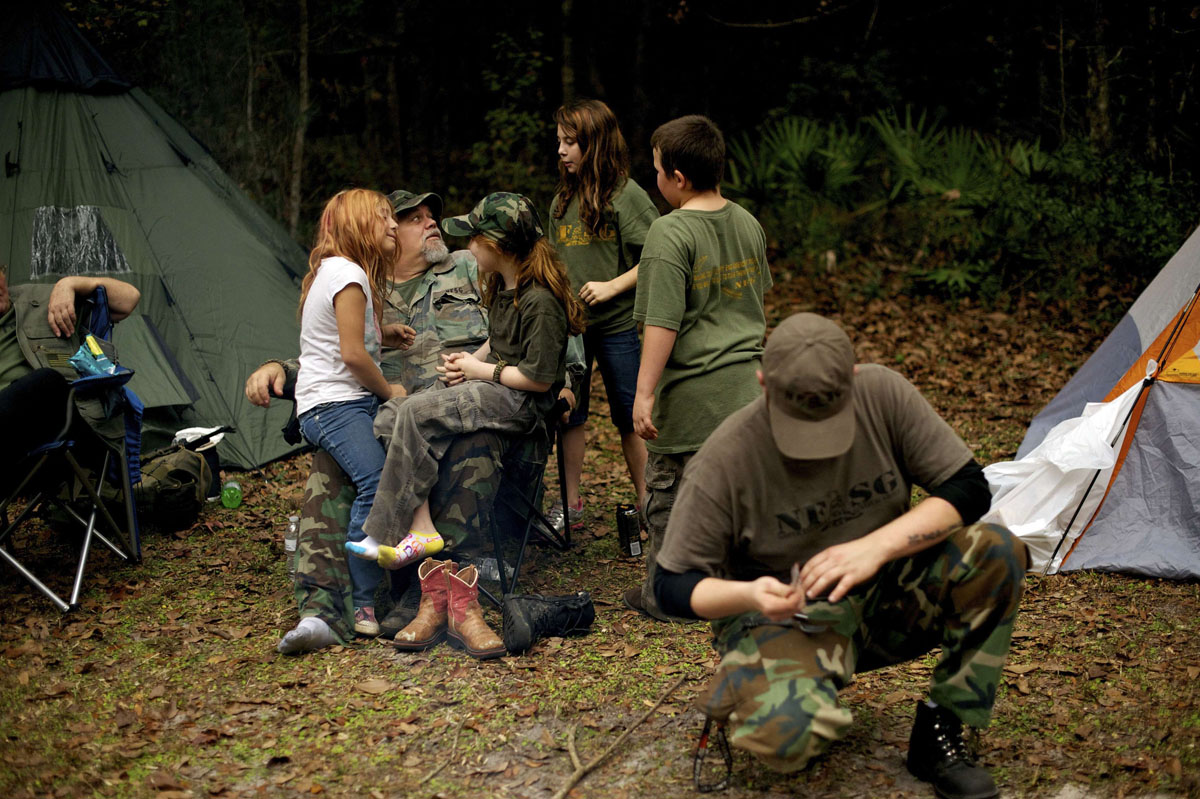
You might be preparing to survive the apocalypse, but you don’t have to prepare on your own. An article in Survival Sullivan recommends interfacing with other preppers in order to share useful knowledge and resources with each other.
Only preppers on the same level as military special forces can confidently say they will survive on their own for years after SHTF. Since the reason for prepping is to survive a disaster, cooperating with other people who share this mindset is going to help you make it through the crisis.
An individual can only accomplish so much when alone. A prepper with no ally will be very vulnerable if he ever gets severely injured or becomes sick. No one will tend his wounds, nurse him back to health, or perform his chores for him.
Enlisting your family will certainly even out the odds. But more bodies will be better in the end, especially if they are also preppers.
You might balk at the idea of networking with strangers. An important rule of prepping is to hide information about yourself that could induce the unprepared to look for your shelter and steal your supplies when SHTF.
But the idea is to network with a community that shares your belief. The benefits of interfacing with other preppers outweigh the danger. (Related: A guide to rebuilding after TEOTWAWKI.)
Advantages and disadvantages of prepper networking
There are many benefits of being a part of a prepper network. The most important advantage covers medical prepping.
Perhaps the hardest part of any survival plan is to prepare enough medicines. A survival group can introduce you to professional medical practitioners and herbalists who can supplement your basic first aid skills. The former can provide an advanced or surgical level of medical knowledge, or even treat you for any ailments or wounds you receive. The latter can help you stock up your apothecary or your herbal garden.
These prepping groups will often feature people who are experts on agriculture, construction, engineering, mechanics, security, and weaponry. It will be invaluable to know people who can help you protect your home, design and build important infrastructure, tend crops and livestock, and repair any equipment or vehicles you use.
On the other hand, there are a few disadvantages to networking. If you carelessly share your preparedness plan with people who turn out to be untrustworthy, the unprepared will find out about your stockpile and shelter.
Furthermore, there is a problem with relying too much on other preppers. They might be the real deal and even offer to provide you and your family with shelter when SHTF. But you may end up having to base your bugout plan around getting to their shelter.
Always remember to be careful, even around other preppers
If you decide to network with other preppers, you should take certain things into consideration. First and foremost is to prioritize your own safety.
Do not trust anyone who acts suspiciously. Break off contact if the prepper or community you are networking with do not give you straight answers about simple and important facts such as available skill sets or group membership. They might be fakes or planning to take advantage of you.
Do not rely too much on any one person for a vital skill. Anyone can get captured, injured, or die when SHTF. If you are unprepared to compensate for the loss of someone on the team, you are in trouble.
Keep operational security in mind. Do not reveal too much information about yourself. Share only what is needed. Double check whatever you have been told or shown.
Visit Preparedness.news for more tips about networking with other preppers.
Sources include:
Tagged Under: bugout, communities, off grid, preparedness, prepareness tips, prepper networking, Preppers, prepping, prepping tips, SHTF, survival, survival and preparedness





